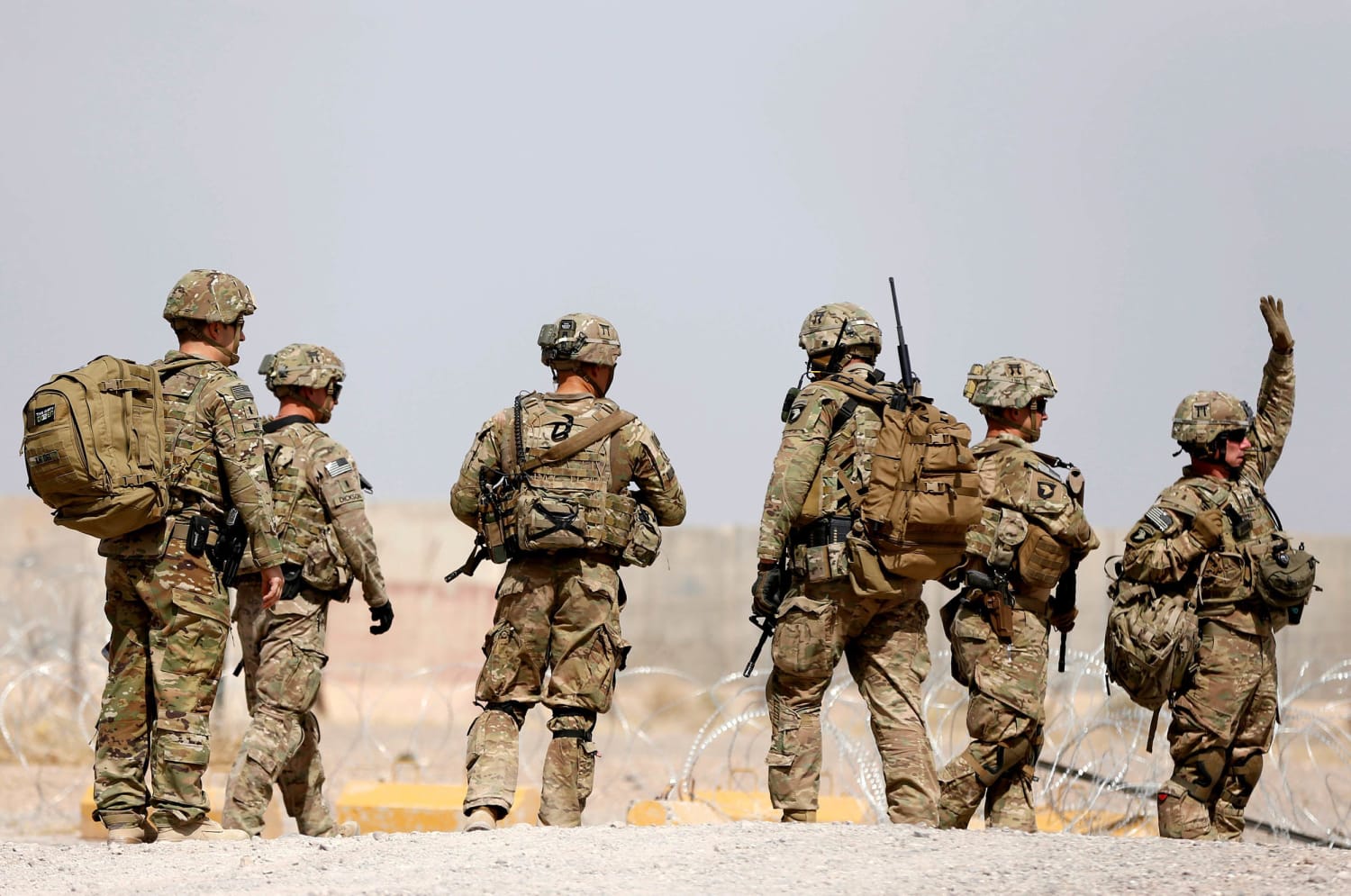Today, we will be discussing an issue that is often overlooked. When we think of human rights crises, our minds often turn towards war-torn nations, countries with high levels of poverty, or states with oppressive governments. The United States is none of those things, but don’t be fooled–there are absolutely human rights abuses happening right here. For my last civic issues blog post I wanted to come full circle, just so that we never forget we still have work to do in improving access to human rights everywhere. I always recall how important it is to recognize our own privileges, because everyone deserves to have access to basic human rights. Unfortunately, the United States’ healthcare system does not allow for that to be possible for all American citizens.

economic disparities in the United States’ healthcare system; image source
There are a host of problems with the United States’ healthcare system, but today I want to discuss a specific problem that affects nearly 9 million Americans daily: the soaring prices of prescription drugs, with specific regard to insulin. The cost of prescription drugs in the United States continues to rise, and paired with less than adequate health insurance, a drug that is necessary for people with diabetes for survival becomes unaffordable. Additionally, this problem disproportionally affects marginalized Americans, as those already living with low socioeconomic statuses are likely to have weaker insurance coverage. With no health insurance coverage, insulin can cost up to $1,000 a month, which is simply not possible for many Americans to pay.

insulin; image source
Diabetes is a condition which causes one’s blood sugar levels to rise at a rate higher than normal. Insulin works by stimulating glucose interacting with cells, which lowers one’s blood sugar. If one’s blood sugar levels become too high, they are put in serious danger, which is why insulin is a critical medication for many individuals with diabetes.
So, what do you do if you can’t pay for a drug you need? People will often resort to unhealthy alternatives if they can’t afford their drugs, such as sharing insulin and taking lower doses than normal or rationing their own supply. Human Rights Watch even says, “In the US, diabetes is the seventh leading cause of death and is the leading cause of renal failure, lower limb amputation, and blindness among adults.” Clearly, those with diabetes need insulin to regulate their blood sugar levels. Healthcare is a human right, so it is our civic duty as citizens to ensure we speak up about others not being able to access medications they need to live.








